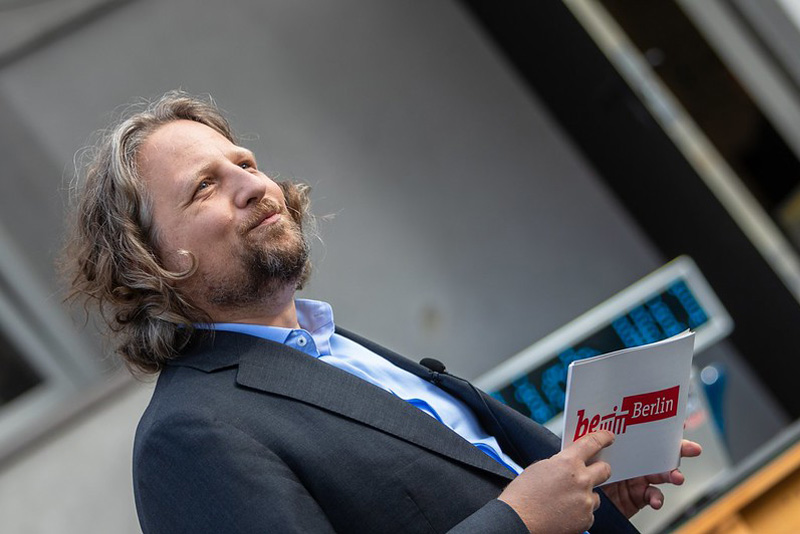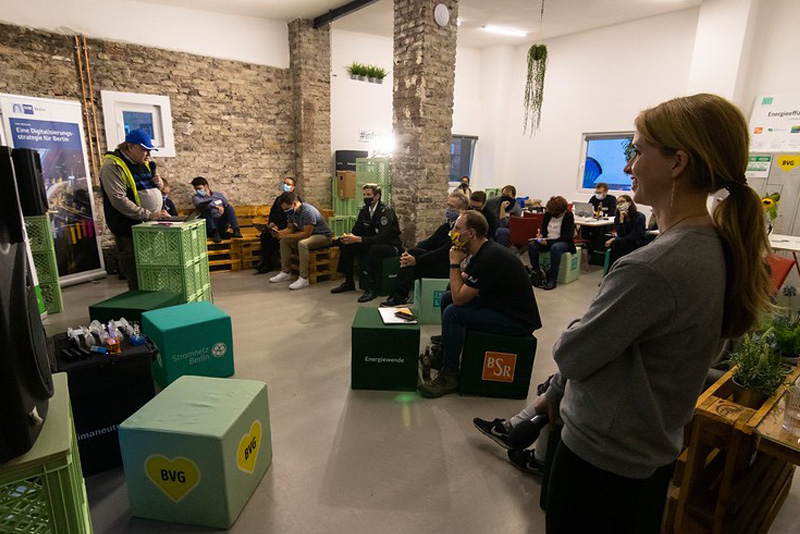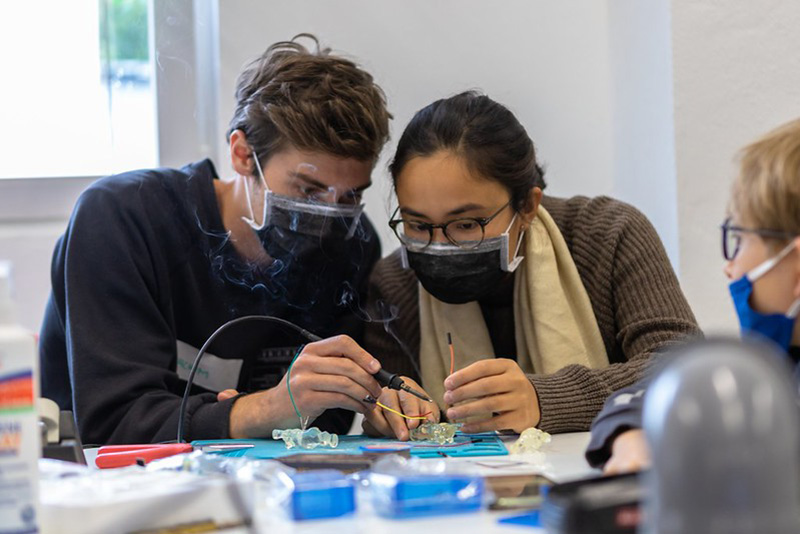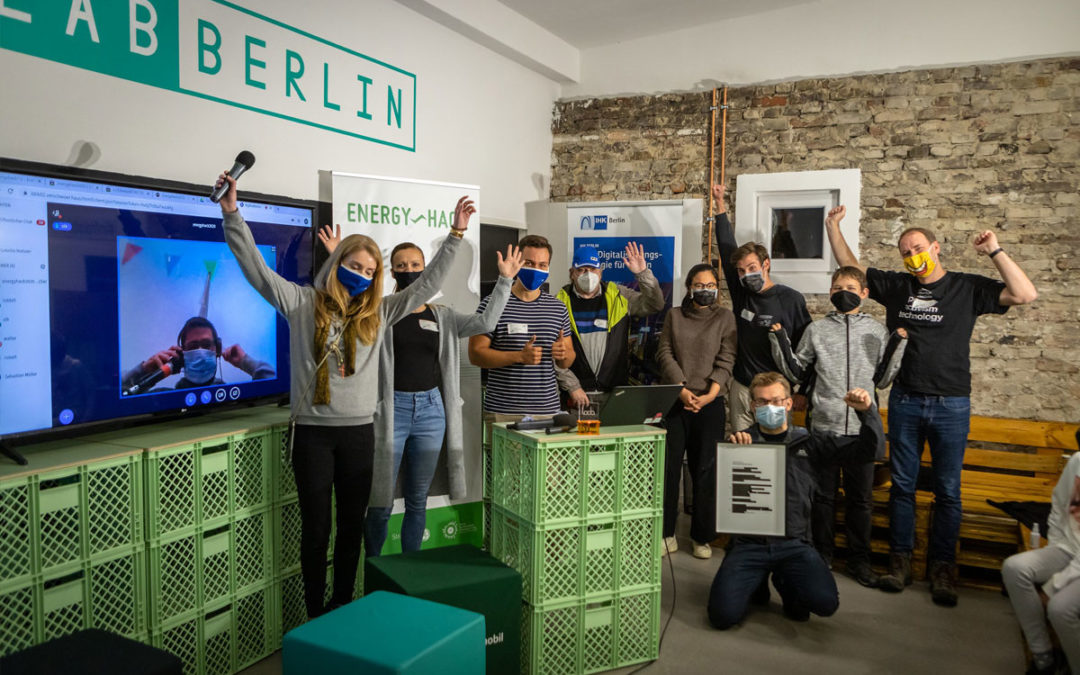Traffic change in Berlin: How would a good compromise look like?
Berlin as a resilient city – How do we prepare for the future?
Climate protection, energy and the environment – How do we shape the energy transition in the city?
For Energyhack, Stromnetz Berlin planned a budget of 30,000 euros as part of WindNODE to support the development of projects with potential for the energy transition, helping from the initial idea to the finished prototype and functioning demo. Keep reading to discover which are the projects we could soonly be developed!
- Traffic change in Berlin: How would a good compromise look like?
- Berlin as a resilient city – How do we prepare for the future?
- Climate protection, energy and the environment – How do we shape the energy transition in the city?
For Energyhack, Stromnetz Berlin planned a budget of 30,000 euros as part of WindNODE to support the development of projects with potential for the energy transition, helping from the initial idea to the finished prototype and functioning demo. Keep reading to discover which are the projects we could soonly be developed.

Christian Rickerts, secretary at the Senate Department for Economics, Energy and Public Enterprises of Berlin, opened the hackathon and presented the new open data ordinance and plans of the city.
The winner of the first challenge was BERouting, an intermodal routing planner for Berlin, based on digitransit.
At the moment of the hackathon, BERouting included public transport, bicycles, cars and bike-sharing (linked together as well), while also showing e-charging stations. This is only possible if the corresponding data is available as OpenData.
The team also found some data gaps as Berlin does not seem to have obliged the scooter providers to make their data available to the city as MDS and publicly as GBFS. Therefore, they couldn’t integrate scooter providers like nextbike, which is already working in other cities. They also said they “could have incorporated live data from car park occupancy if it would have been available”.
Behind BERouting is a cross-municipal team from Ulm and Berlin formed by Stefan, Constantin, Maxi and Karl were involved. Congratulations! We look forward to seeing the development of this project!

Gerhard Peter presenting his winner project Rettet die Berliner Rettungsringe!

Charlotte and Joachim from PV Dashboard
Subscribe
and get our news, events and offers!
(We promise not to spam you. Just an occasional email every 2 months.)

